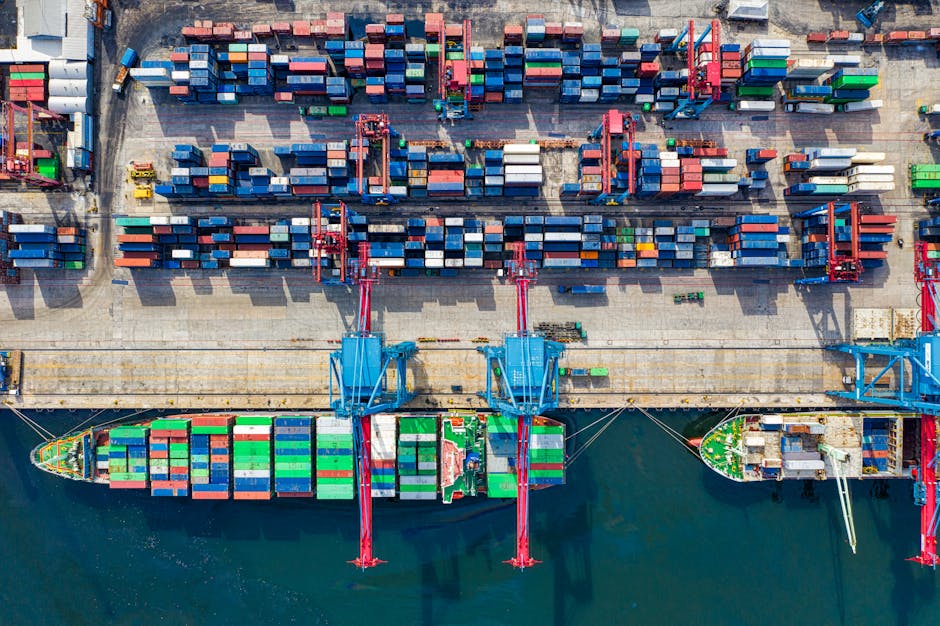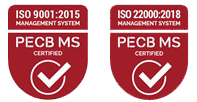Whether you’re an entrepreneur starting an import business or a manufacturer bringing in raw materials, understanding import regulations is crucial. Almost all countries require documentation and procedures for imported products to ensure safety, quality, and conformity standards are met.
This post will break down the key import regulations and requirements you need to know. AIML can simplify this process immensely, helping you navigate the complexities with ease.
Customs Duties and Taxes
One of the first hurdles you’ll face is customs duties and taxes on imported goods. These can vary widely depending on the product, country of origin, and trade agreements. Thoroughly research applicable duties to budget accurately.
- For example, importing textiles from China to the U.S. may incur around 25% duty
- But goods from NAFTA partners like Mexico and Canada are often duty-free
Quotas and Restrictions
Many products also face quotas or outright bans on importation. Do your homework here, as these rules can change frequently. Common restricted items include food, plants, drugs, weapons, and certain chemicals.
- Importing meat or produce? You’ll likely need permits from agriculture agencies
- Bringing in any restricted substances like lithium batteries? Crave the proper hazmat documentation
Licensing and Documentation
Most imports require licenses, which serve as your permission slip to bring goods across borders. The paperwork trail includes commercial invoices, packing lists, certificates of origin, and more.
Having an expert partner like AIML simplifies this process immensely. We’re fully licensed and can handle all export/import formalities.
Classification and Admissibility
Once your shipment arrives, customs will examine it to verify:
- The products match your documentation
- You’ve properly classified the goods using harmonized tariff codes
- The cargo is admissible and meets all regulations
Improper classification can lead to delays, penalties or even seizure of your shipment. Having a compliance partner prevents these costly mistakes.
Final Clearance
After examination and appraisal, you’ll need to pay any duties and taxes due. Only then will customs “liquidate” and clear your entry, allowing the goods to proceed. Stay organized and responsive to avoid lengthy tie-ups.
While complex, understanding regulations prevents nasty surprises. With preparation and the right partner, you can import confidently and compliantly.
Conclusion
While complex, understanding regulations prevents nasty surprises. With preparation and the right partner, you can import confidently and compliantly. AIML is here to simplify the process, ensuring your imports meet all regulatory requirements and proceed smoothly.
Stay informed and let AIML guide you through the intricacies of import regulations.


